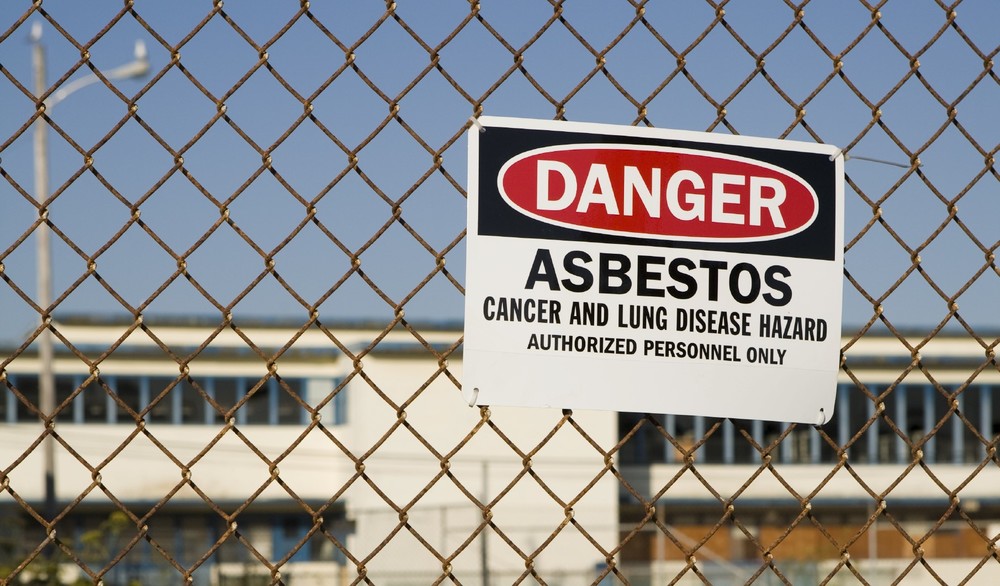Hello Loyal Customers!
Our team here at Eagle Biosciences, Inc. are so excited to introduce our new look for you to enjoy! The new EagleBio.com comes chocked-full of new features that will make your browsing and shopping experience far superior to what you’re used to!
- Speak with one of our team members online when you need help
- Fast, easy and secure check out
- Smooth navigation while browsing one of our many unique products
But That’s Not All…
Not only have we made your shopping experience better when you choose to order from Eagle Biosciences, but we are also working with some phenomenal new partners to bring you new and unique products! Here’s a sneak peak…
- Fianostics FluoBolt™-FIAs : Metal enhanced fluorescence assays that offers a higher sensitivity, single-step alternative to your basic ELISA. Available for detection of Noggin, Asporin, and Periostin! As well as services to test a variety of other markers!
- osteomiR testing by TAmiRNA : Workflow that detects 11 microRNA associated with bone quality. We will feature osteomiR Test Kit, as well as services that can run your samples for you.
- New and unique Drug Monitoring Assays
As always, we appreciate your business! Without you we wouldn’t be able to do what we love by providing you the products you need to change the future! Be sure to keep an eye out for more to come.
If you want to see anything from Eagle Biosciences (products, services, etc.) Let us know! We’re here for you!










